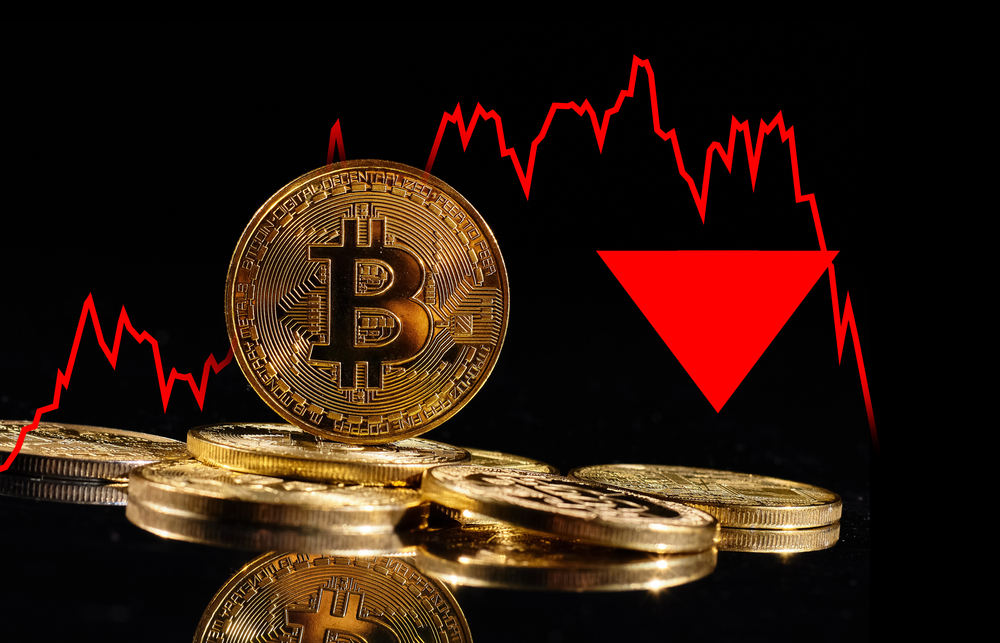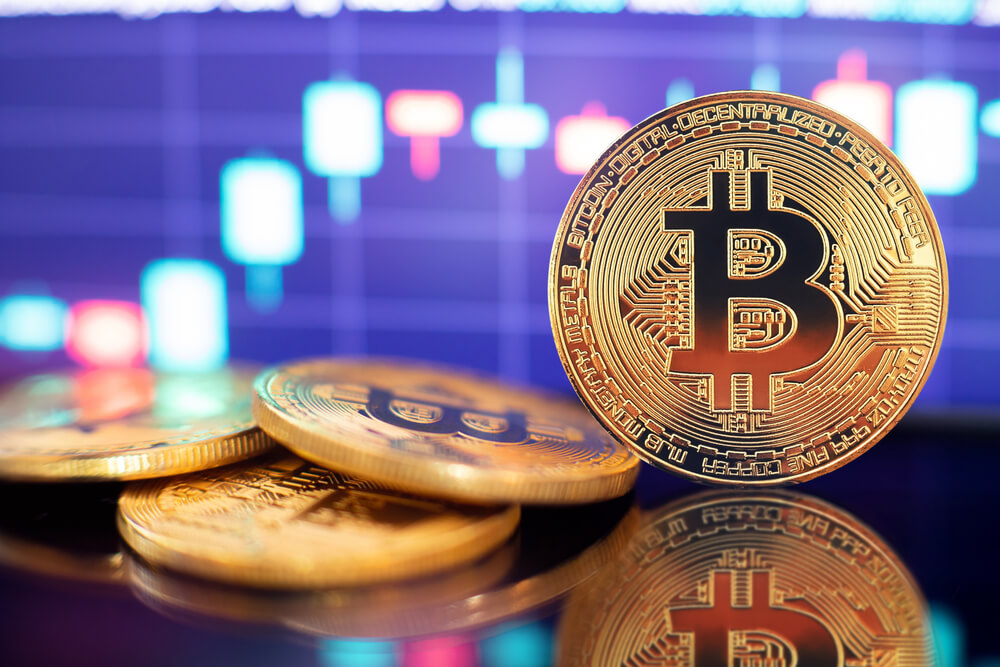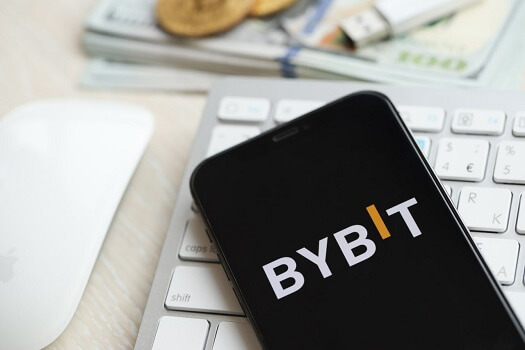Bitcoin Pepe’s presale hits $2.77M as survey shows memecoins’ rewards outweigh risks
Bitcoin Pepe presale hits $2.77M as momentum builds. Enthusiasts believe the LIBRA scandal calls for clearer memecoin regulation. Kraken survey shows 76% of investors see memecoin rewards outweighing risks. Bitcoin Pepe, heralded as the world’s only Bitcoin Meme ICO, has made headlines by raising $2.77 million out of its $2.85 million presale target in its […] The post Bitcoin Pepe’s presale hits $2.77M as survey shows memecoins’ rewards outweigh risks appeared first on CoinJournal.

- Bitcoin Pepe presale hits $2.77M as momentum builds.
- Enthusiasts believe the LIBRA scandal calls for clearer memecoin regulation.
- Kraken survey shows 76% of investors see memecoin rewards outweighing risks.
Bitcoin Pepe, heralded as the world’s only Bitcoin Meme ICO, has made headlines by raising $2.77 million out of its $2.85 million presale target in its fourth presale stage.
The Bitcoin Pepe presale is structured in such a way that the BPEP token price increases as the presale stages progress. For instance, with the fourth stage almost completed, the price is expected to rise from the current price of $0.0243 per token to $0.0255 in the fifth presale stage.
Notably, the Bitcoin Pepe project aims to bring Solana-like technology to the Bitcoin blockchain, introducing concepts like a Meme Layer-2 for BTC with instant transactions and ultra-low fees. The initiative also includes the launch of a new token standard, PEP-20, allowing for meme coin creation directly on Bitcoin, which they argue is the only blockchain that will “live forever.”
Regulatory challenges highlighted by the LIBRA scandal
While Bitcoin Pepe seems to be a success, the memecoin market was recently thrown into confusion following the rug pull of LIBRA, which was expected to be a successful crypto project after it was endorsed by Argentine President Javier Milei.
Following the LIBRA debacle, which is partly blamed on possible insider trading, Nic Puckrin from Coin Bureau has criticized US regulators for failing to provide a framework that could prevent such incidents.
According to Puckrin, this vacuum has allowed for fraudulent schemes to proliferate, leading to calls for agencies like the SEC or CFTC to step in. However, there’s a counterargument, with some like Christopher Perkins suggesting that memecoins already enjoy a degree of regulatory clarity under commodity laws, though the broader legal landscape remains grey for these digital assets.
I'm still trying to make sense of the clown show

![How to Find Low-Competition Keywords with Semrush [Super Easy]](https://static.semrush.com/blog/uploads/media/73/62/7362f16fb9e460b6d58ccc09b4a048b6/how-to-find-low-competition-keywords-sm.png)
























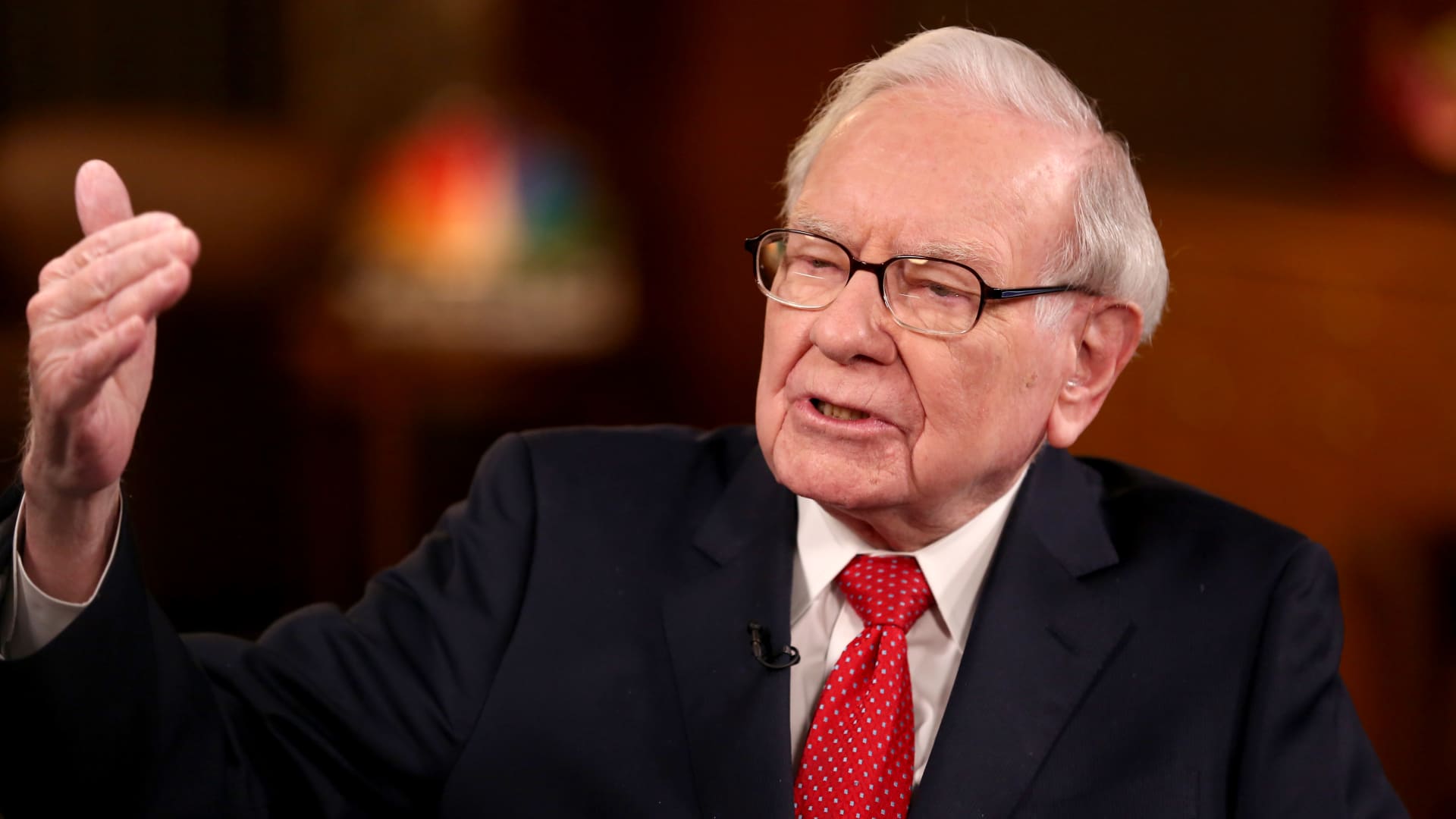



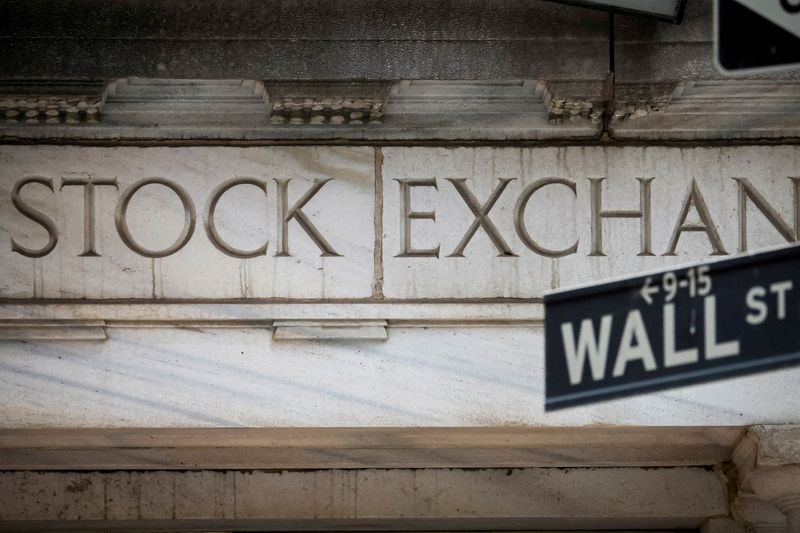
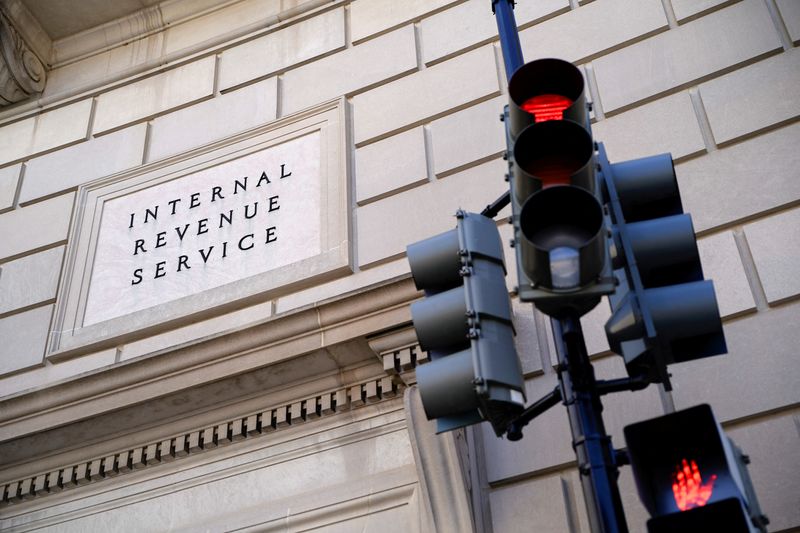










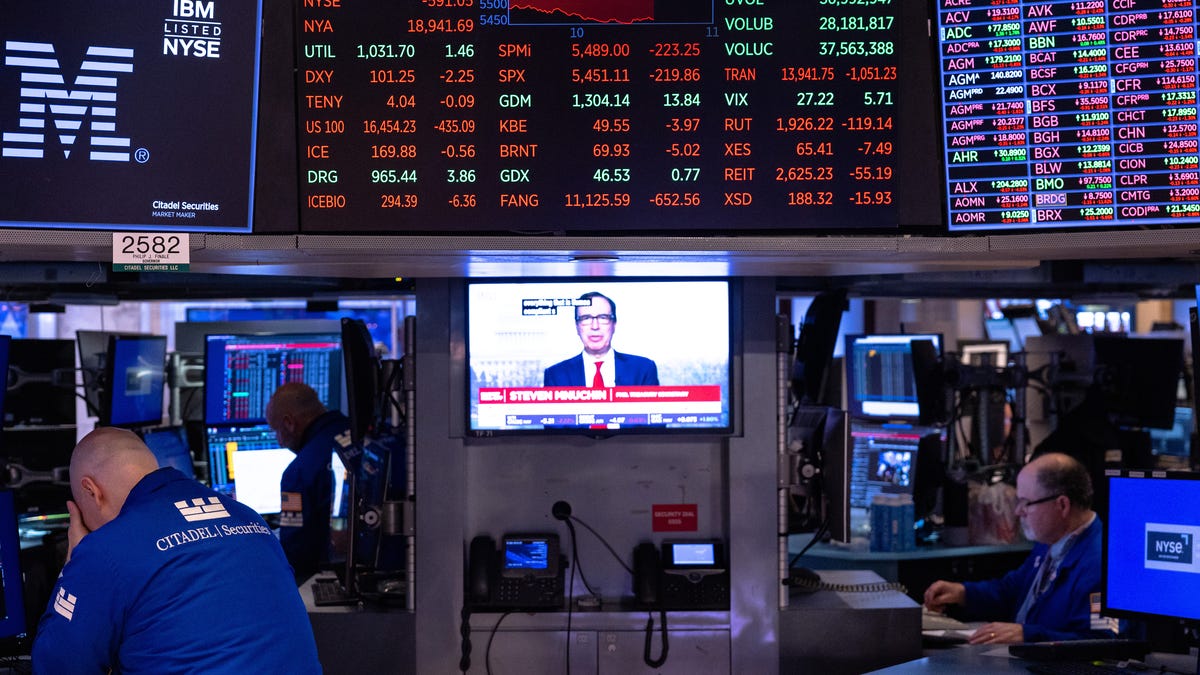































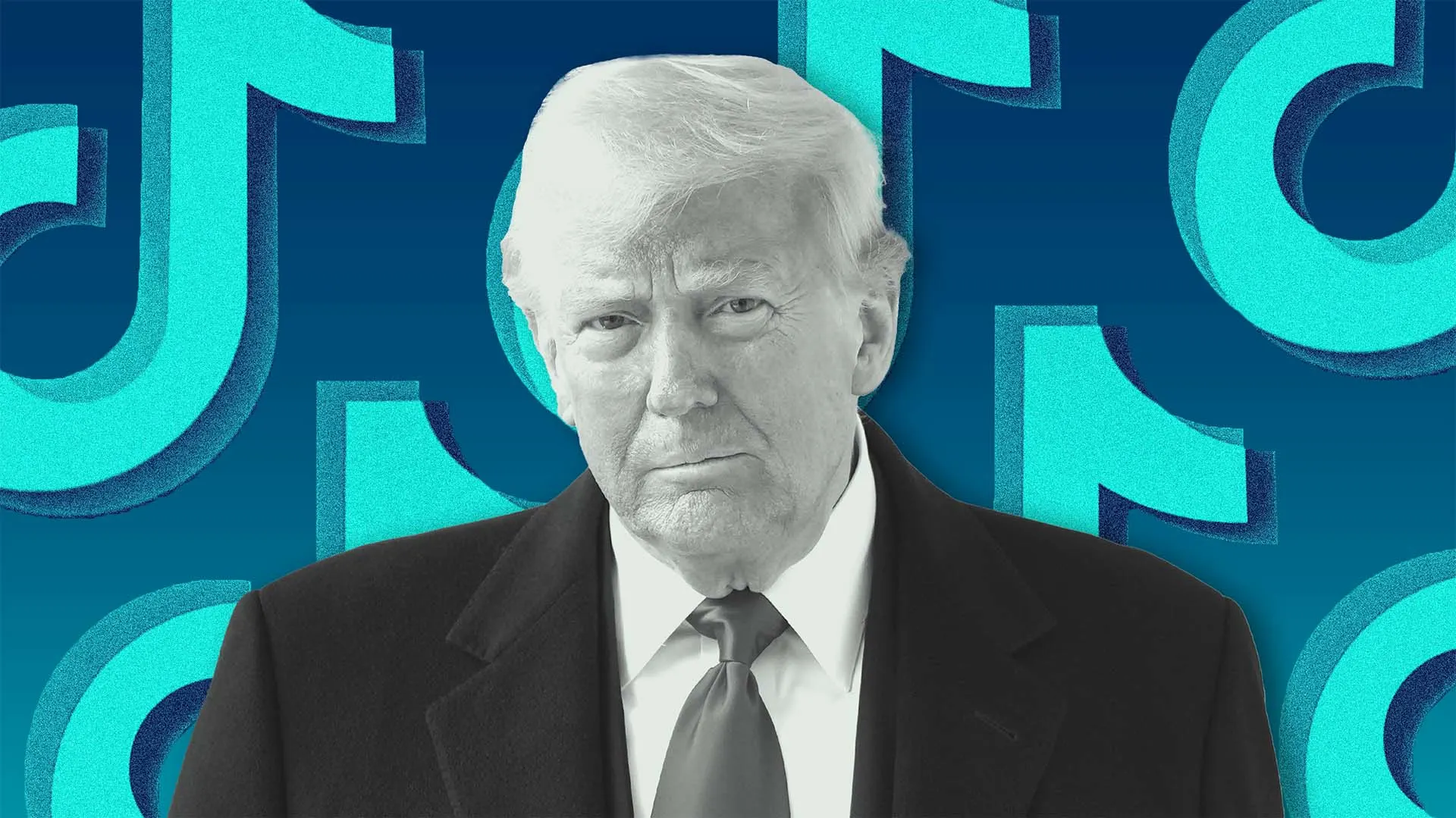












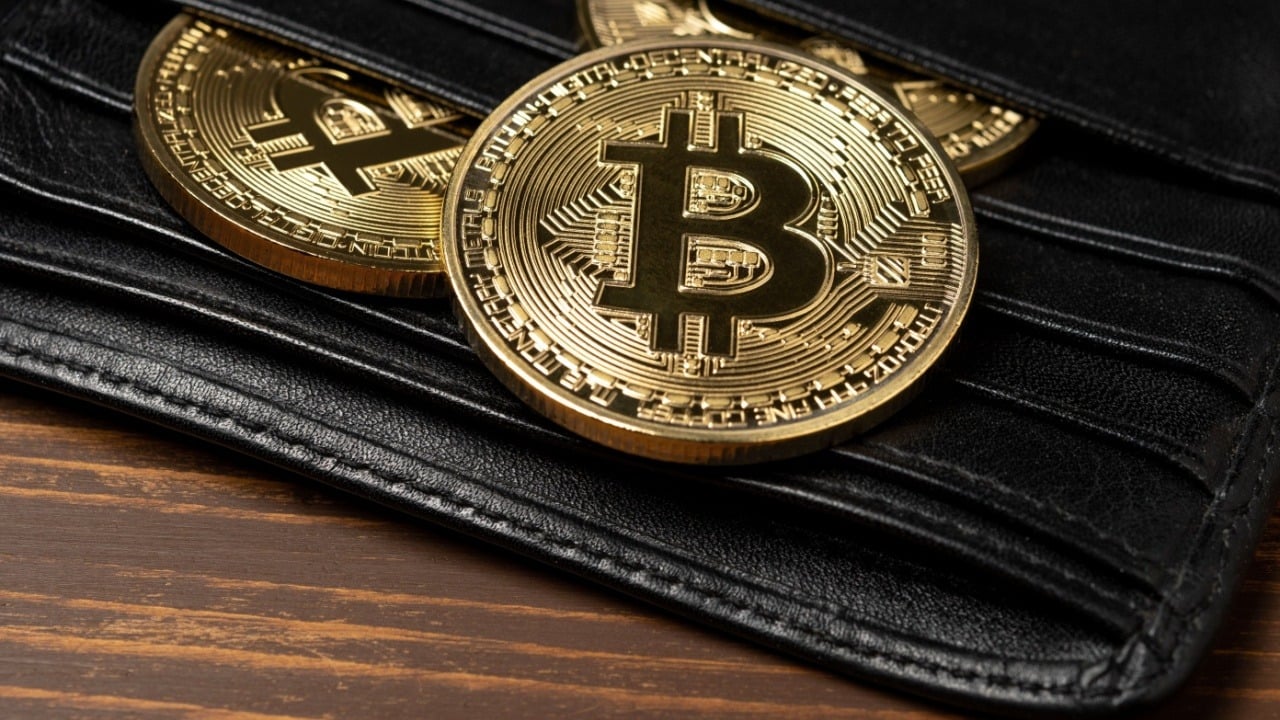




















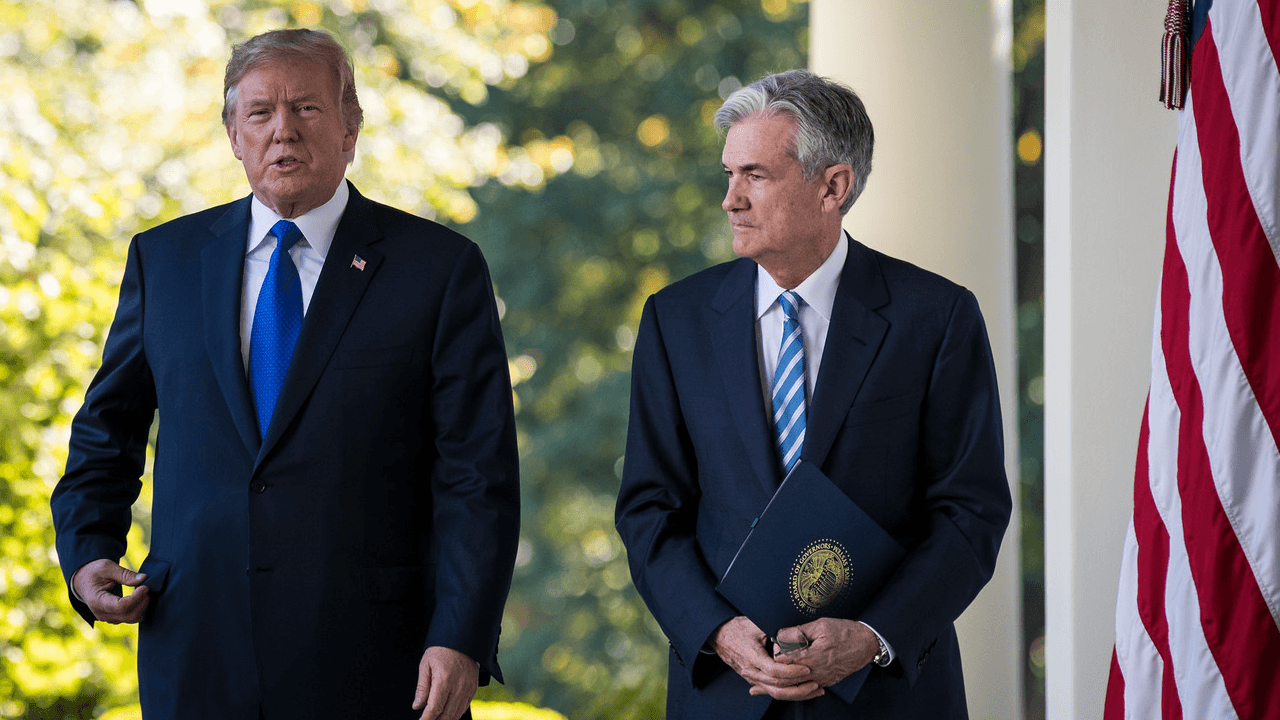
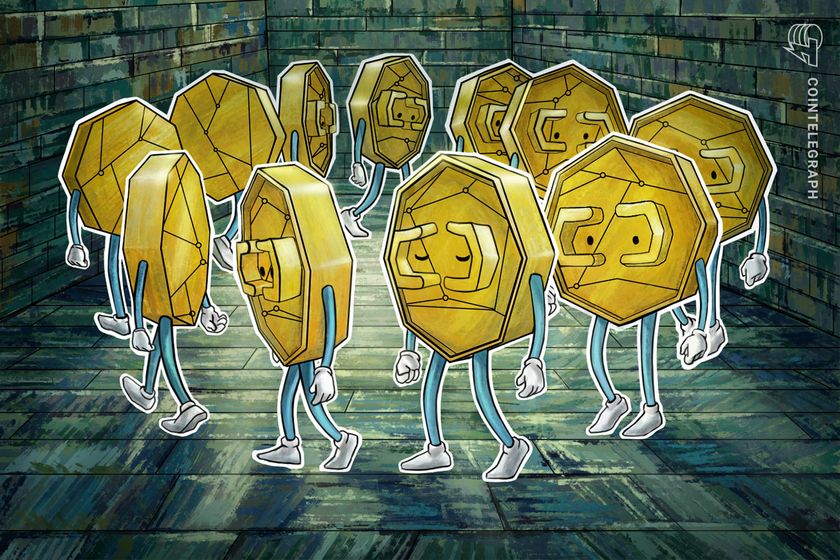
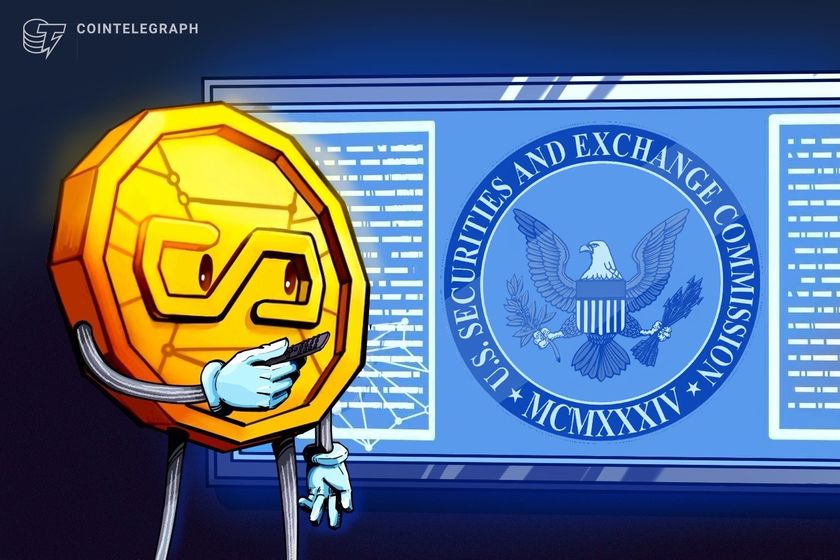



















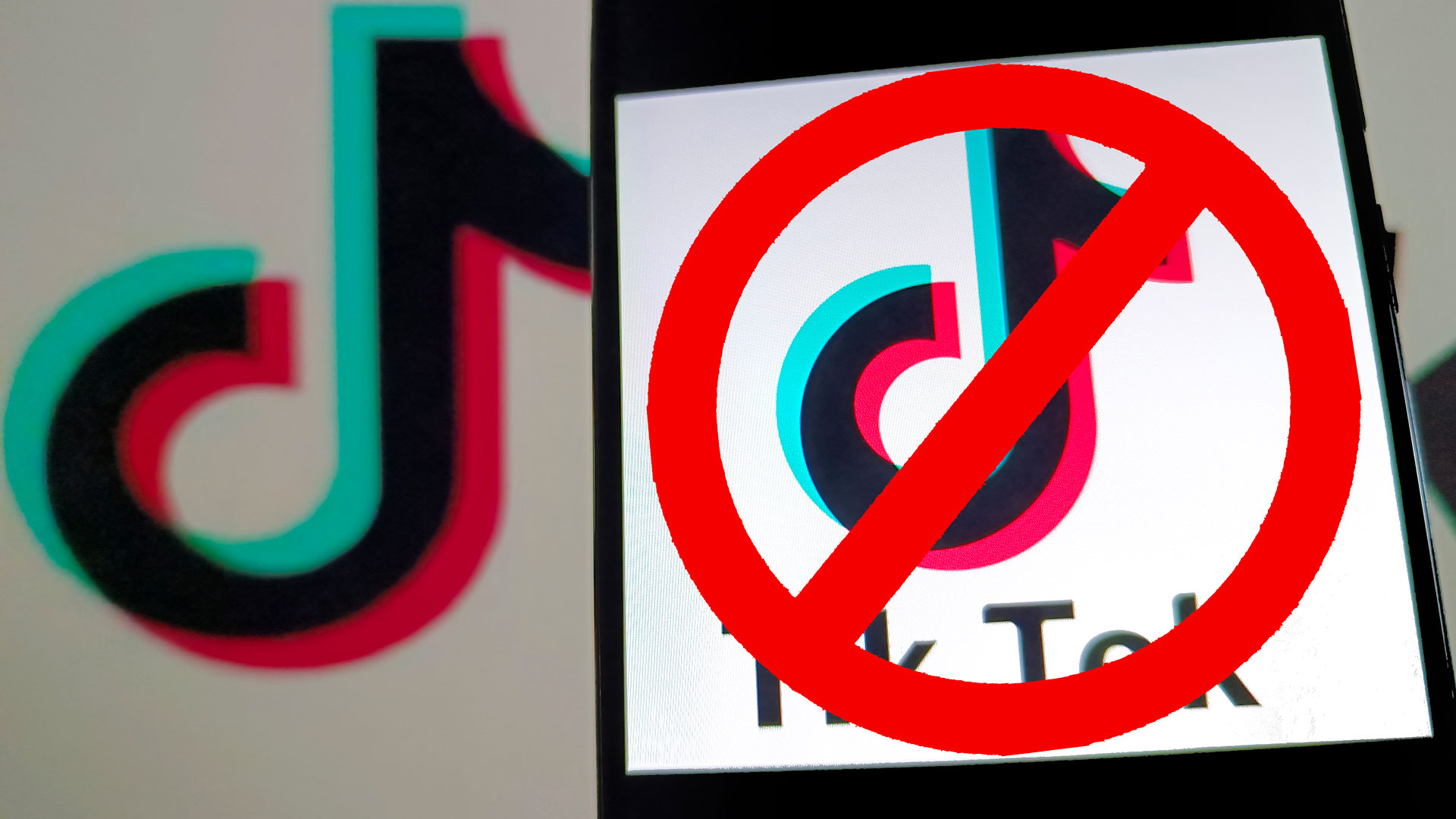
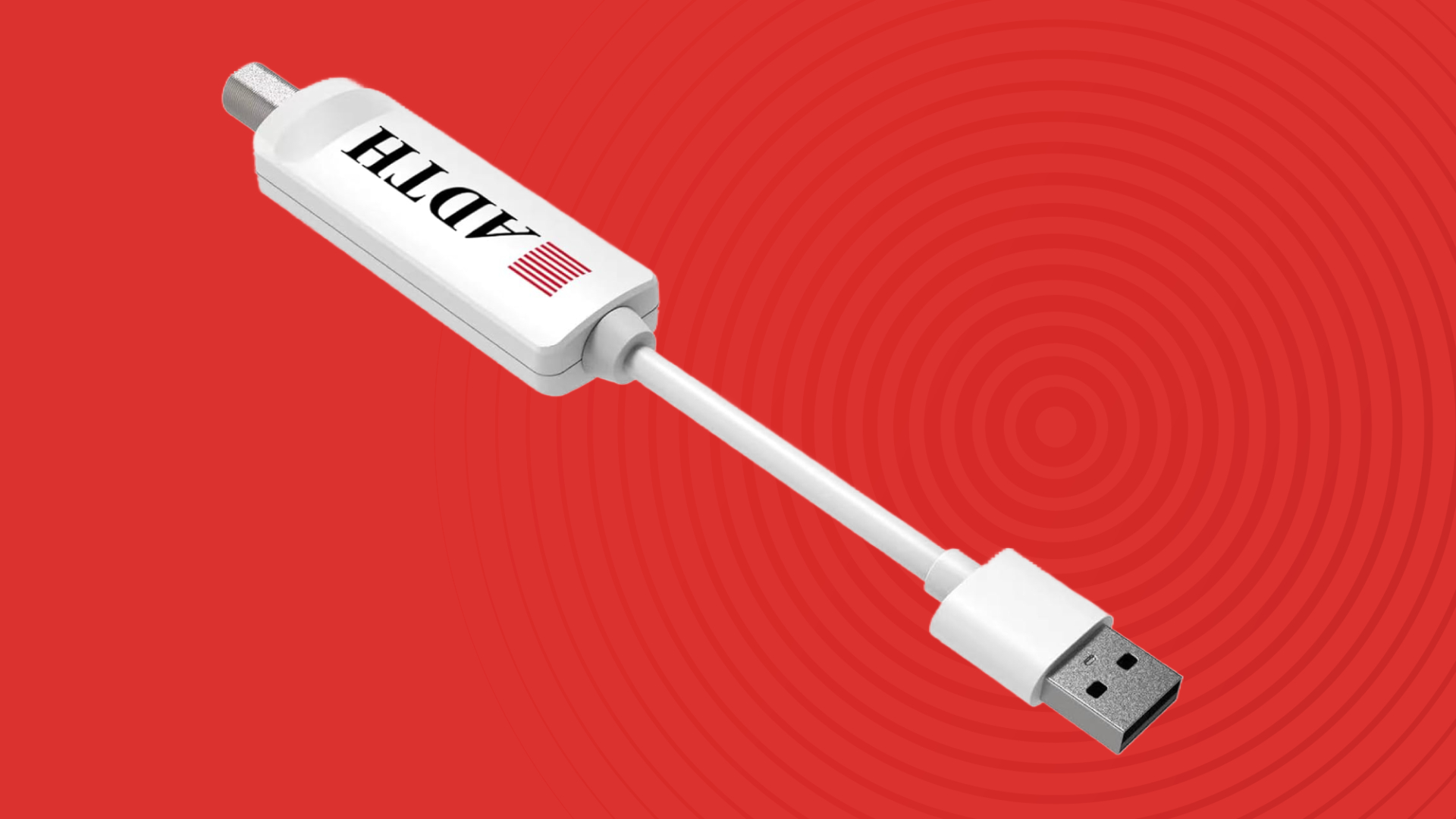







































.jpg)
%20Abstract%20Background%20112024%20SOURCE%20Amazon.jpg)











